10 Ways To Protect Your Personal Data
Introduction
Life without the internet now seems unthinkable. We purchase things online, communicate with friends, transfer money from banks, save photos, and even work using online tools. Yet the same cyberspace that facilitates life has risks. With each click, each sign up, each app, some form of personal information is gathered—your name, email, phone number, passwords, or even intimate photos.
If that information ends up in the wrong hands, trouble can ensue. Hackers, thieves, and even sloppy errors can uncover your data. The best news? You don’t have to be a computer wizard to defend yourself. With a few good habits, any person—even a novice—can safeguard their personal information. Let’s walk through ten simple tips you can do.
Use Strong, Unique Passwords
Make your password like the key to your house. If it is easy and simple, like leaving your front door open. A password of 123456 or mypassword will not trick anyone. Instead, use combinations of letters, numbers, and symbols.
Poor example: summer2024
Improved example: Sun!Rise_42#night
Another blunder individuals commit is using the same password across all sites. If an account is compromised, then everything else is vulnerable as well. Create a separate password for your email, banking, and social media.
Turn on Two-Factor Authentication (2FA)
Strong passwords can also be hijacked. That’s why two-factor authentication is a rescuer. It provides a second step—such as a code sent to your phone or an app.
Picture your password as the key to the front door. Two-factor authentication is similar to having a second lock. Without them, no one enters.
Enable 2FA on accounts that are most important to you, such as your email, Facebook, Instagram, or bank app.
Update Your Devices
How many times have you clicked “Remind me later” when your phone informs you that an update is ready? We all have. But updates are not just for new emojis or new features—they patch security issues.
For instance, an outdated version of an app may have a vulnerability known to hackers already. When you update, you slam the door they might use to pry their way in.
Set your phone or laptop to update automatically, so you won’t forget.
Lock Your Devices
Imagine this: you leave your phone on a café table for only two minutes. Without a lock, someone can access your messages, banking applications, or photos.
Having a simple PIN, fingerprint, or face ID makes a huge difference. Even in case of device theft, the thief would not be able to open it easily.
Steer Clear of Public Wi-Fi Threats
Public Wi-Fi in coffee shops, airports, or malls is free but risky. Hackers often create false networks with titles such as “Free_WiFi_123.” After you join the network, they spy on you.
If you must use public Wi-Fi, do not log on to your bank or email account. Or better still, use a VPN app that encrypts your connection.
Think Twice Before Sharing Online
Social networking is fun, but it also reveals too much about you. Publicizing your birthday, travel plans, or even where you are can leave you vulnerable.
Example: if you put up “Off to Dubai for two weeks!”—you’ve just told everyone your home is unoccupied.
Keep your profiles private, and only friend people you know in real life.
Install trusted security software
Antivirus software can be dull to listen to, but it functions more like a watchdog for your device. It stops viruses, malware, and bogus downloads.
However, beware—don’t take any “free antivirus” promotion that comes your way. Use tried-and-tested names, and ensure that the software is updated.
Back Up Your Data Regularly
Think of the horror if you lost your phone or your phone got hacked. If you haven’t made a backup, all your files, pictures, and work documents are gone forever.
Backing up refers to keeping a copy somewhere secure, such as Google Drive, iCloud, or an external hard drive. Even if your device is stolen, your information remains secure.
Schedule backups to run automatically every week or month.
Avoid Phony Emails and Links
One of the oldest scams remains the most prevalent: phishing. Phony emails are sent by hackers posing as your bank, a delivery company, or even a friend.
The message typically states something in a hurry such as: “Your account is locked! Click here to correct it.” After you click, they take your information.
Double-check the email sender’s address. If it appears suspicious, do not click. Keep in mind—actual banks never ask for passwords through email.
Watch Your Accounts
Even if you are cautious, there may be leaks. That’s why watching your accounts is a good idea.
Regularly check your bank transactions. Apps also allow you to set reminders for each payment. Tools such as Have I Been Pwned will also inform you whether your email address or password leaked during a data breach.
The sooner you detect suspicious activity, the sooner you can prevent further harm.
Final Thought
Keeping your data private isn’t paranoid—it’s just being ready. Most hackers only target easy targets, and by doing these little things, you are much more difficult to catch.
Have strong passwords, activate 2FA, be cautious when posting online, and update your devices. These habits accumulate, much like flossing your teeth or locking your door at night.
Your personal data is valuable, almost like money. Once it’s stolen, you may never fully get it back. So treat it with care, and make protecting it a daily routine.
- Why is protecting personal data important?
It helps safeguard your identity, money, and accounts from hackers, scams, and fraud. Without protection, your private details can be easily misused.
- What is the easiest way to keep my data safe?
Using strong, unique passwords and enabling two-factor authentication (2FA) are the simplest and most effective steps.
- Is public Wi-Fi safe to use?
Not really. Hackers can spy on your activity through insecure networks. Avoid logging into sensitive accounts unless you use a VPN.
- How often should I back up my data?
Weekly backups are a good practice, but if you handle important files daily, setting up automatic backups is the safest option.
- What should I do if my data gets leaked?
Change all affected passwords immediately, enable 2FA, and contact your bank if financial details have been exposed.
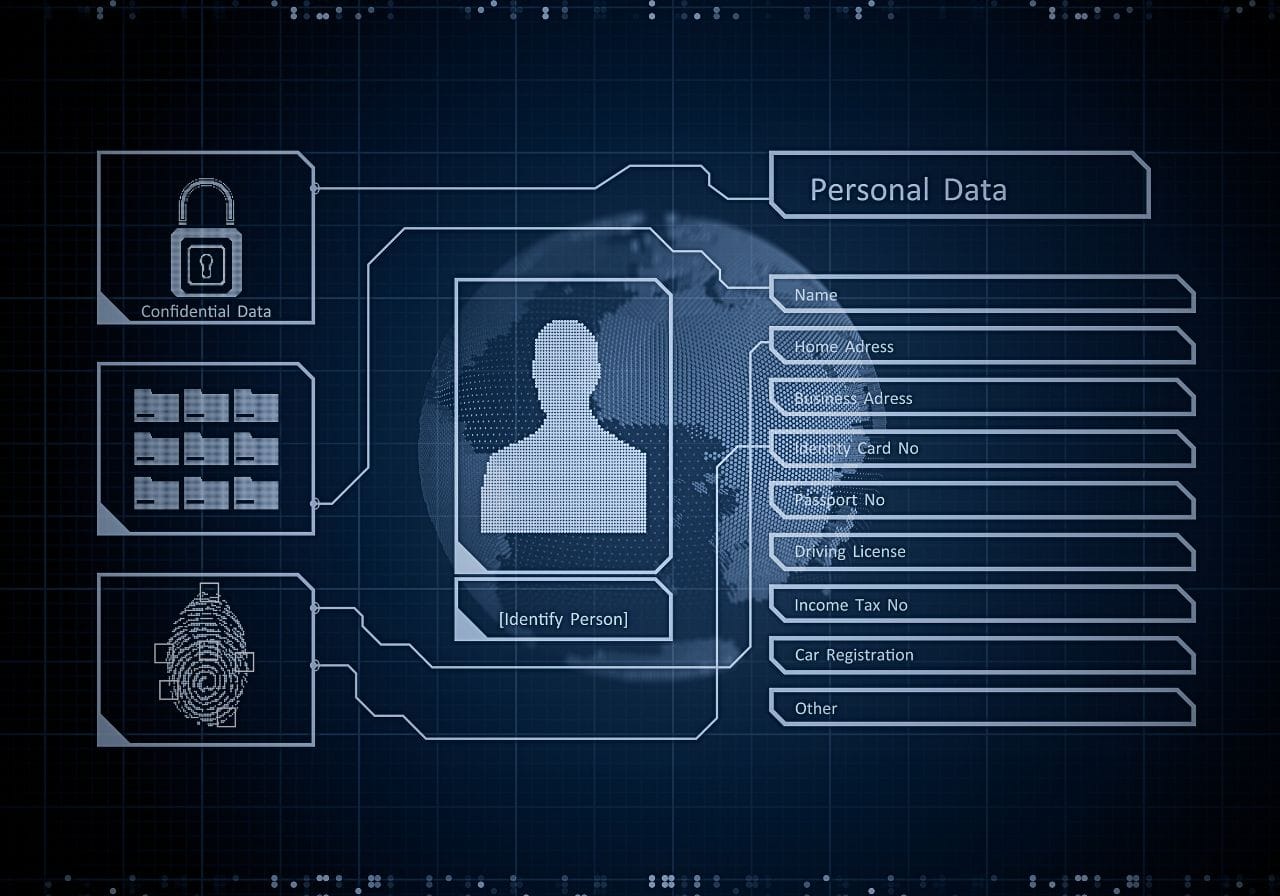

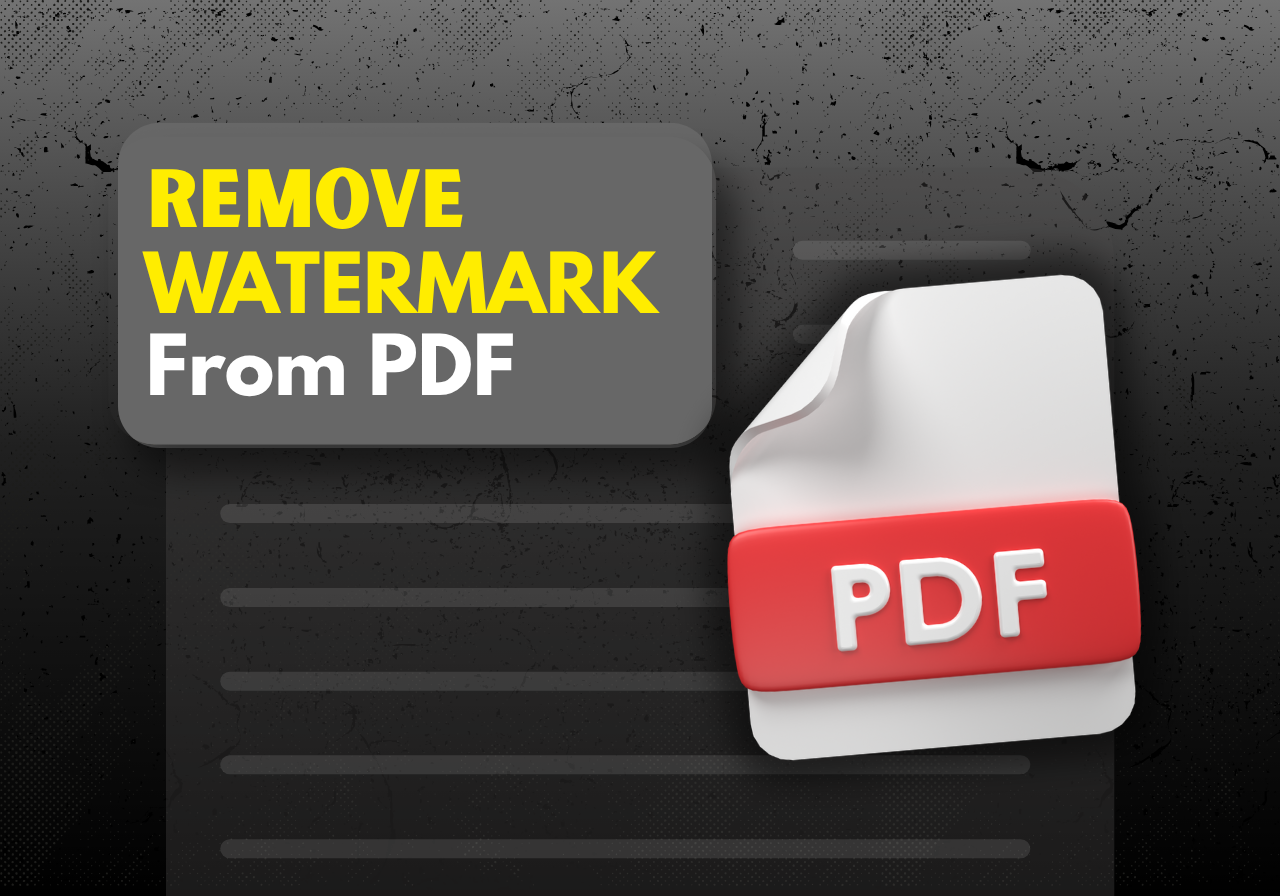
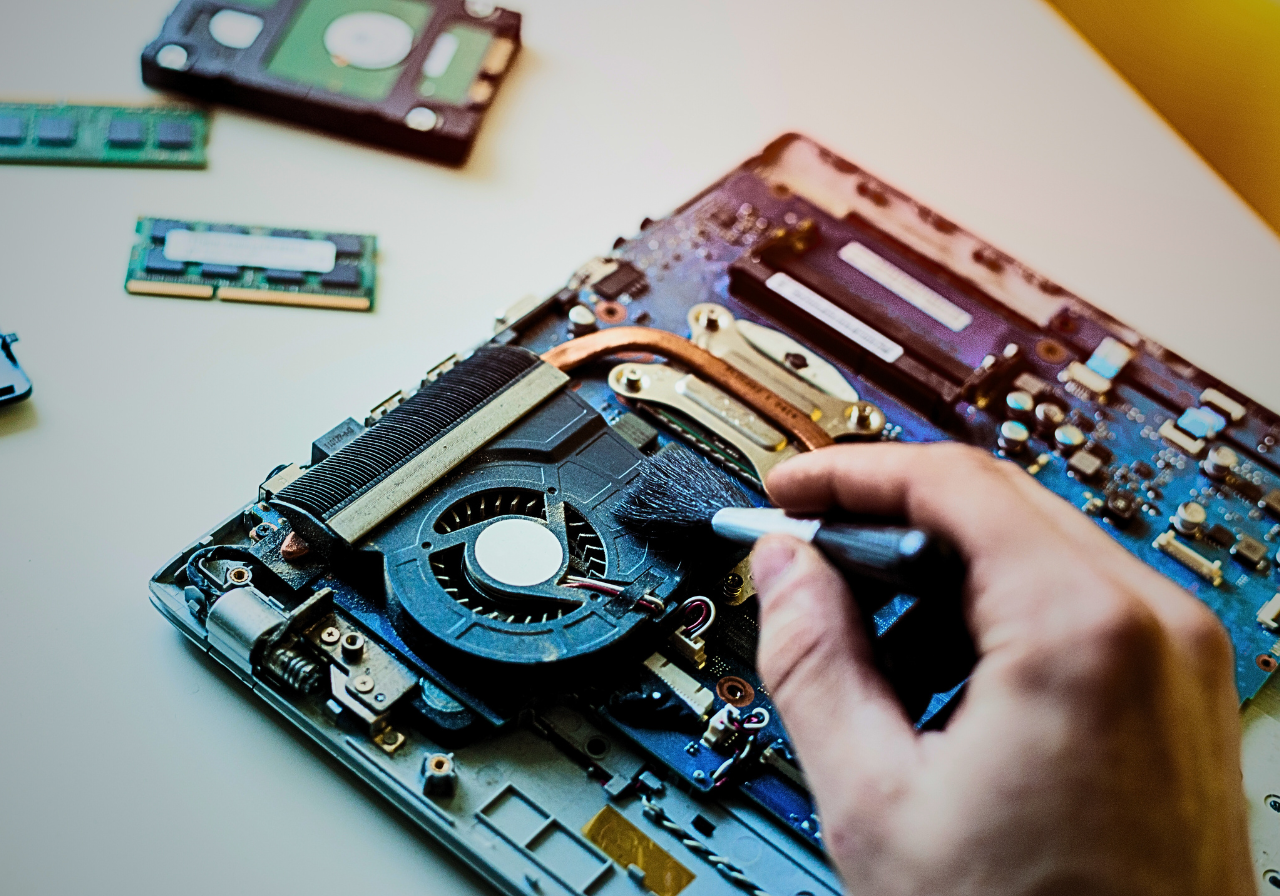
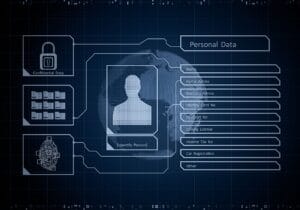

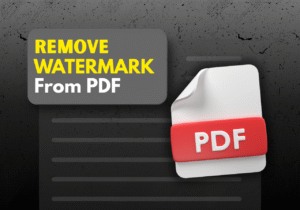
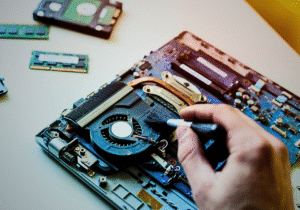

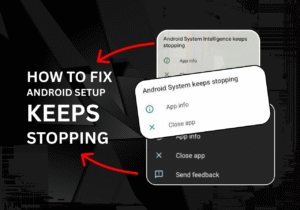
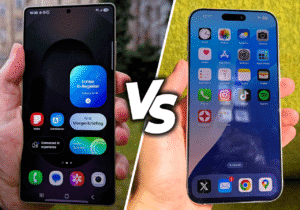



Post Comment